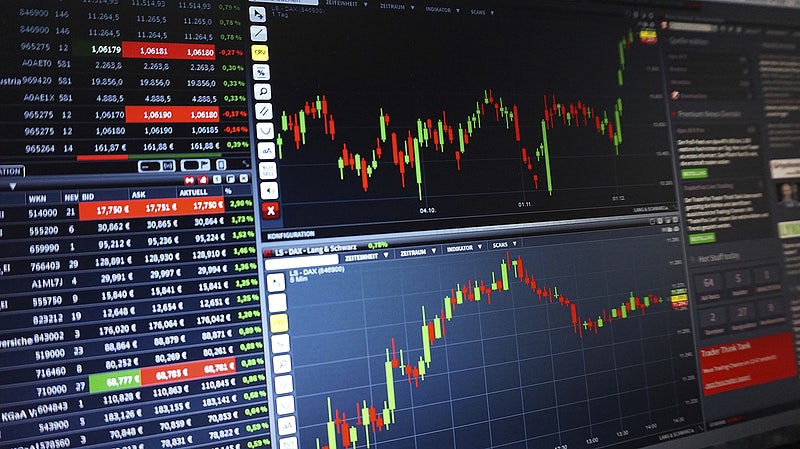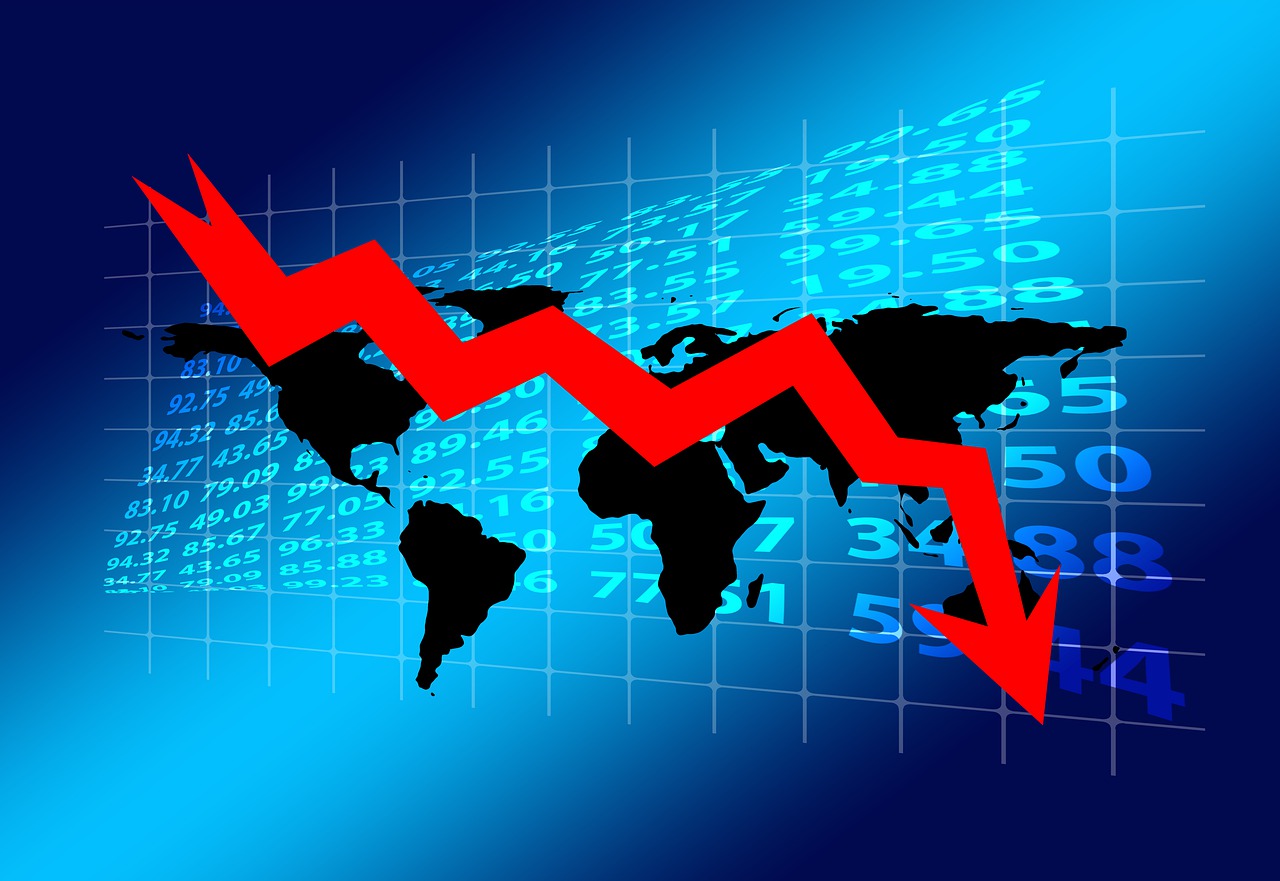The global economy has been on a rollercoaster ride in recent years, with periods of rapid growth followed by sudden downturns. In 2023, the world economy faces several challenges, including rising inflation, geopolitical tensions, and high debt levels. This has led some experts to predict a potential recession in the near future. In this article, we will explore the factors that could lead to a recession in 2023 and the potential impact of such a downturn on the global economy.
Understanding Recession
Before we delve into the potential factors that could cause a recession in 2023, it’s important to understand what a recession is and how it is defined. A recession is a prolonged, sharp drop in economic activity that often lasts several months or longer. It is typically characterized by a contraction in gross domestic product (GDP), rising unemployment, and a decline in consumer spending.

Recessions can be caused by a variety of factors, including global economic shocks, natural disasters, and policy decisions made by governments and central banks. The severity of a recession can vary widely, ranging from mild downturns that last only a few months to severe economic crises that last for years.
Factors that Could Cause a Recession in 2023
There are several potential factors that could lead to a recession in 2023. These include:
Rising Inflation
The term “inflation” refers to the average annual rate of growth in consumer prices. When inflation is high, it can lead to decreased purchasing power and reduced economic activity. This is because consumers may cut back on their spending when prices are high, leading to a decline in overall economic output.
In recent years, inflation rates have been on the rise, particularly in the United States. Inflation in the US hit a 40-year high in December 2021, with the Consumer Price Index (CPI) rising by 7% year-on-year. This has led some experts to warn of potential stagflation, where high inflation combines with low economic growth, resulting in a recession.
Geopolitical Tensions
Geopolitical tensions, such as trade wars, political instability, and military conflicts, can also have a significant impact on the global economy. These tensions can lead to decreased trade, increased uncertainty, and reduced business investment.
The continuous hostilities between the United States and China are one issue that needs to be addressed in 2023. With tariffs and other trade barriers in place, the two nations have been involved in a trade war for a while. If these tensions continue to escalate, it could lead to a significant reduction in global trade and investment.
High Debt Levels
Another potential factor that could lead to a recession in 2023 is high levels of debt. Many countries, including the United States and several European nations, have high levels of public debt that could become unsustainable if interest rates rise.
In addition to public debt, household debt levels have also been on the rise in recent years. This has led to concerns about consumers’ ability to repay their debts and the potential impact on the wider economy.
Stock Market Declines
The stock market can also be a leading indicator of economic activity. When stock prices decline, it can signal decreased investor confidence and reduced economic activity.
In recent years, the stock market has been volatile, with periods of rapid growth followed by sudden declines. In December 2021, the S&P 500 experienced its worst month in nearly a decade, losing nearly 11% of its value. If stock prices continue to decline, it could lead to a recession in 2023.
Potential Impact of a Recession
If a recession were to occur in 2023, it could have significant consequences for the global economy. Here are some potential impacts:
Rising Unemployment
Companies may reduce their workforce during a recession in order to minimize expenses, which would raise unemployment. As a result, economic activity may decline further. The unemployed may also limit their spending, which can have a knock-on effect on the economy.
Decreased Consumer Spending
During a recession, consumers may be more hesitant to spend money, as they may be concerned about job security and their financial well-being. This can lead to a decline in overall economic output, as businesses may see decreased demand for their products and services.
Reduced Business Investment
During a recession, businesses may be more hesitant to invest in new projects or expand their operations, as they may be concerned about the economic climate. This can further reduce economic activity and lead to decreased job growth.
Potential Financial Crises
During a recession, financial institutions may be at risk of failing, particularly if they have significant exposure to risky assets. This can lead to a financial crisis, as customers may lose confidence in the financial system and withdraw their funds.
Possible Strategies to Prevent or Mitigate a Recession
There are a number of tactics that governments and central banks can employ to avert or lessen the effects of a probable recession, even if it is impossible to foretell the future with absolute confidence. They consist of the following:
Monetary Policy
Central banks can use monetary policy tools, such as adjusting interest rates or quantitative easing, to stimulate economic growth during a recession. By lowering interest rates, central banks can encourage borrowing and investment, which can lead to increased economic activity.
Fiscal Policy
Governments can also use fiscal policy tools, such as increasing government spending or cutting taxes, to stimulate economic growth during a recession. By increasing government spending, governments can create jobs and stimulate demand for goods and services.
Structural Reforms
Governments can also implement structural reforms, such as reducing regulations or improving infrastructure, to improve the long-term growth potential of the economy. By making it easier for businesses to operate and grow, governments can encourage investment and job growth.
International Cooperation
Finally, international cooperation can be an effective way to prevent or mitigate the impact of a recession. By working together to address economic challenges, countries can reduce uncertainty and promote stability in the global economy.
Are We Heading Into A Recession in 2023?
Conclusion
While a recession in 2023 is far from certain, there are several potential factors that could lead to such a downturn. Rising inflation, geopolitical tensions, high debt levels, and stock market declines are all potential warning signs. If a recession were to occur, it could have significant consequences for the global economy, including rising unemployment, decreased consumer spending, and reduced business investment.
However, there are several strategies that governments and central banks can use to prevent or mitigate the impact of a recession, including monetary policy, fiscal policy, structural reforms, and international cooperation. By working together to address economic challenges, countries can promote stability and ensure sustained growth in the global economy.












